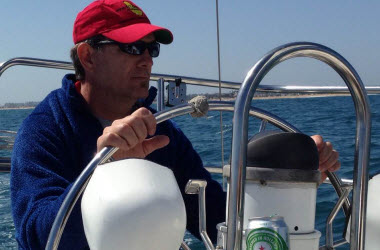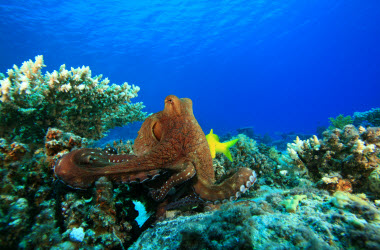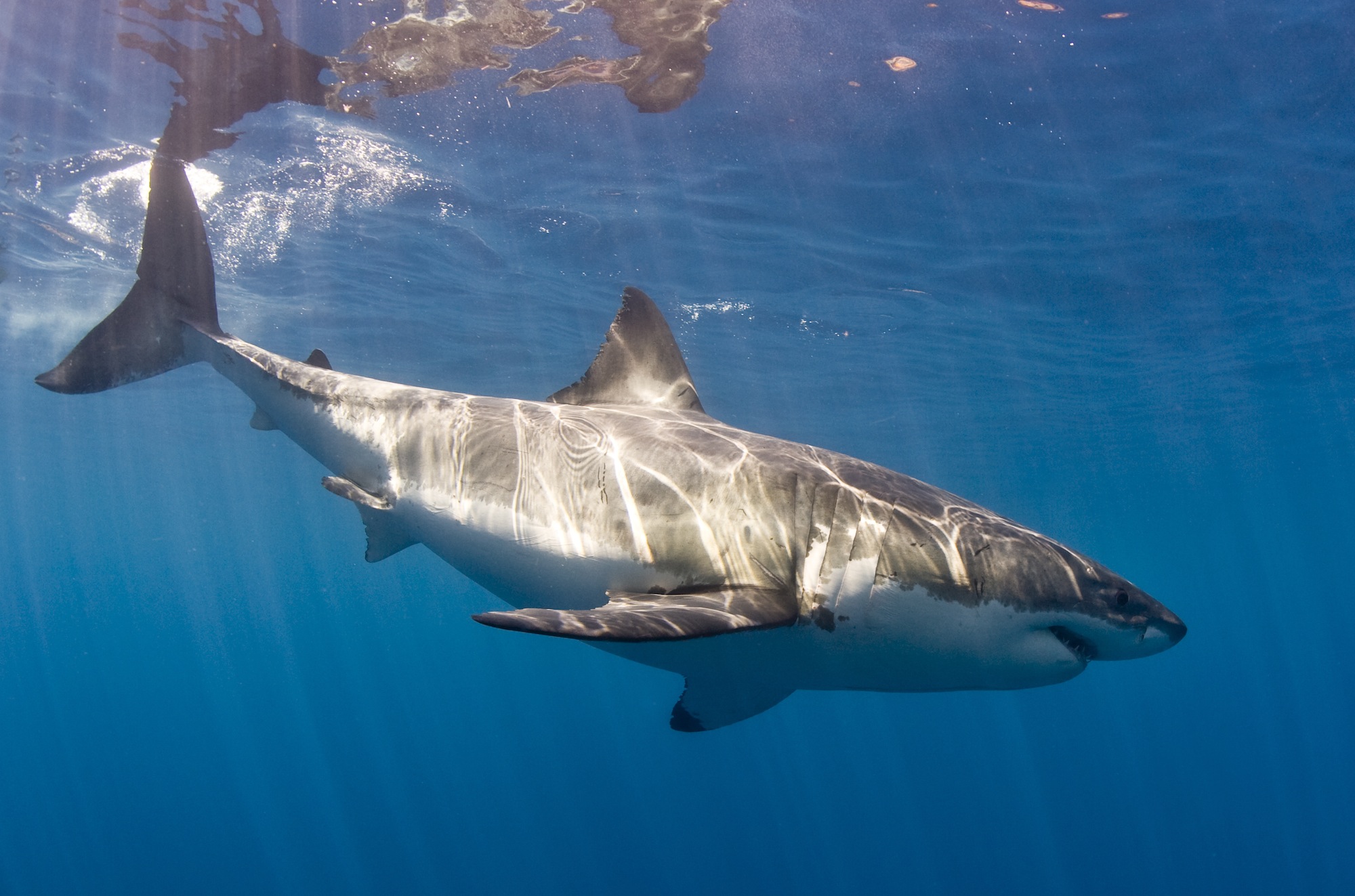June 06, 2017
“Many individuals are doing what they can. But real success can only come if there is a change in our societies and in our economics and in our politics.” - Sir David Attenborough
You might know David Attenborough as the famous voice behind the Planet Earth series, a show that has brought to the general public truly astounding imagery of the unbelievable nature found on planet Earth. 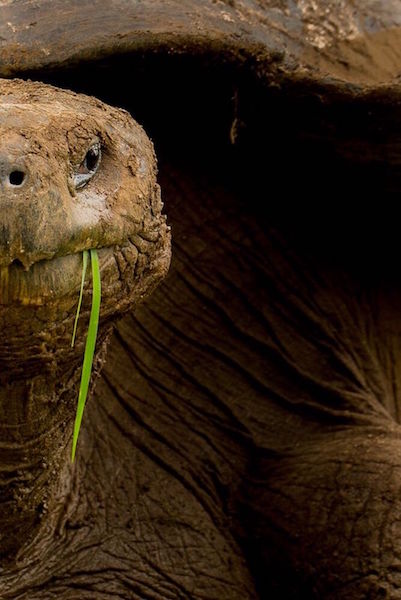 As an ecosystem biology major, I can tell you that a large majority of the students and activists I know were in some way inspired to get into research or conservation thanks to digital media such as Planet Earth. Digital media, such as photography, videography, tv series, and any large scale communication platforms like magazines or even Youtube, act as a bridge between the scientific world and those who are not fortunate enough to directly explore or study it themselves. We now live in a society run on science and technology, but the sad truth is most are intimidated of science and, as such, fail to become literate in the field of science. Many imagine long hours sitting frustrated in front of a chalkboard, performing endlessly complex arithmetic, or reading dusty tombs of data; this is where digital media comes into play. Digital media generates the ability to transmit information in an interesting and inspiring format which allows society to easily engage with and understand science.
As an ecosystem biology major, I can tell you that a large majority of the students and activists I know were in some way inspired to get into research or conservation thanks to digital media such as Planet Earth. Digital media, such as photography, videography, tv series, and any large scale communication platforms like magazines or even Youtube, act as a bridge between the scientific world and those who are not fortunate enough to directly explore or study it themselves. We now live in a society run on science and technology, but the sad truth is most are intimidated of science and, as such, fail to become literate in the field of science. Many imagine long hours sitting frustrated in front of a chalkboard, performing endlessly complex arithmetic, or reading dusty tombs of data; this is where digital media comes into play. Digital media generates the ability to transmit information in an interesting and inspiring format which allows society to easily engage with and understand science.
Whether you are aware of it or not, the lack of scientific literacy is one of society’s greatest battles. Just before his death, my favorite scientist and science communicator, Carl Sagan, warned that we live in an age and society dependent on complex science, but if no one, meaning the general public, understands it, then we are up for grabs by political, charlatan’s, or manipulative figures that can take advantage of our illiteracy. So how do we combat this combustible mixture? This is where the inspiration of digital storytelling comes in. Sagan himself became one of the first scientific celebrities via digital media, showing up on The Daily Show, and his own inspiring series, Cosmos. His media presence alone inspired many to become astronauts, astronomers, and educators. His media success transcends even today. Today we now have one of his students on the frontline, combating scientific illiteracy through digital media, Bill Nye the Science Guy. Another person applying Sagan’s methods to reach the masses is the astrophysicist, Neil Degrasse Tyson, who is teaching the general public through television, radio, and inspirational cinematic videos.
Digital media is now acting as a leading force to inspire activism, conservation, and education among the general public. One recent example of how digital media can influence the public and create change is the documentary Blackfish. 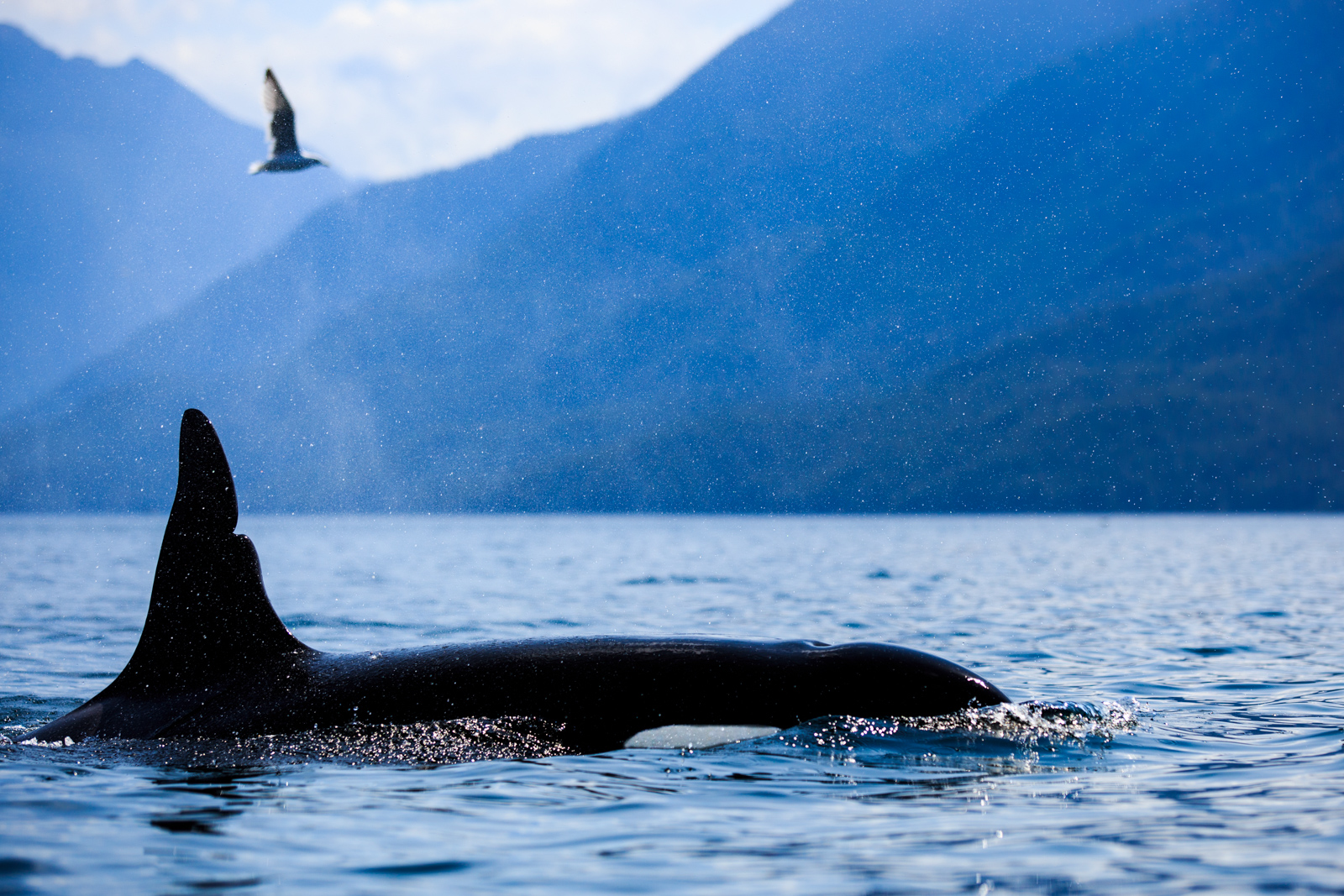 Most of the general public didn’t know the complex ecology and the intelligence of the killer whale, Orcinus orca. Blackfish brought to light the horror of what went into capturing these animals, which are the largest member of the dolphin family, along with the torture that stems from their entrapment and separation from family. As I stated, most of the general public isn’t exposed to scientific results; digital media allows us to bring these findings and issues into the light. The Cove, Racing Extinction, and Chasing Ice are also fantastic examples of digital media making waves, and bringing exposure to issues happening today, around the world that impact us all in some way.
Most of the general public didn’t know the complex ecology and the intelligence of the killer whale, Orcinus orca. Blackfish brought to light the horror of what went into capturing these animals, which are the largest member of the dolphin family, along with the torture that stems from their entrapment and separation from family. As I stated, most of the general public isn’t exposed to scientific results; digital media allows us to bring these findings and issues into the light. The Cove, Racing Extinction, and Chasing Ice are also fantastic examples of digital media making waves, and bringing exposure to issues happening today, around the world that impact us all in some way.
For me, digital media has always been a driving factor in the road I take in life. It has inspired me to pursue a degree in science, as well as take a serious interest in creating scientifically-relevant digital media myself. As a science activist and a diver, I feel obligated to bring imagery to the general public to inspire them to learn from it or to go out and explore for themselves. The digital world has had a profound effect on me; I hope that I can add to its inspirational pull and give back to society what it has given to me.

